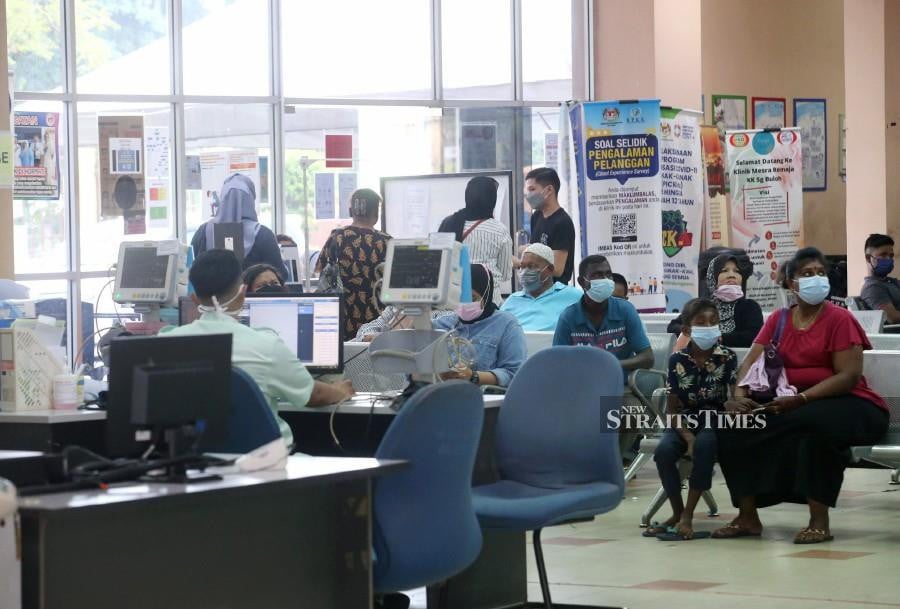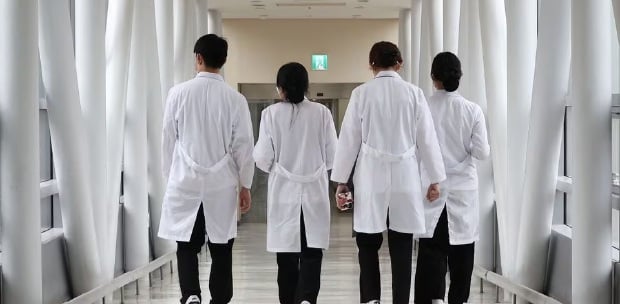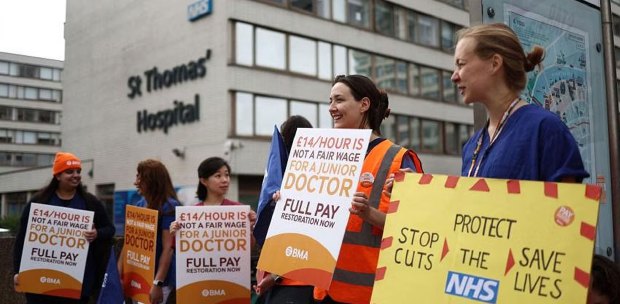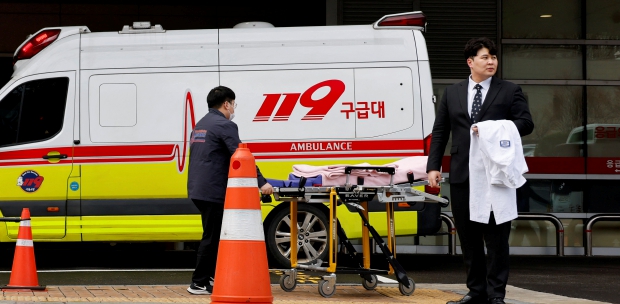KUALA LUMPUR: Despite hospital managements nationwide claiming that there were no changes in daily operations, Mogok Doktor Malaysia said the first day of their strike was indeed successful.
Its spokesman claimed that patient rate was reduced by 30 per cent yesterday which made the number of personnel adequate without the presence of contract doctors.
As some doctors had taken leave in conjunction with the strike, the spokesman told the New Straits Times that some medical officers need to carry out housemen duties, hence making the strike successful.
The spokesman said the ongoing strike is just an early warning for the Health Ministry and if they don't treat contract doctors properly then the next strike will be "more devastating".
"We have gone through the census books in the emergency departments and labour rooms.. the patient rate was reduced by 30 per cent.
"It seems like nothing happened because the crowd has reduced, thus the workforce is adequate to manage the situation," the spokesman said.
Even though the group might not get most of the contract doctors involved in the strike, the spokesman said they are satisfied that they could at least brought the issues of contract doctors to the eyes of the public and the politicians who are in power.
The group is also looking forward to cooperating with any political parties which would fight for their rights.
"We are not anti government, just anti discrimination against the contract doctors," the spokesman said.
Previously, the New Straits Times reported that Mogok Doktor Malaysia was planning a three-day strike from April 3 to 5 claiming to involve more than 8,000 contract doctors.
They are protesting the unfair system and low wages by taking medical or emergency leave.
The group is demanding the absorption of all contract medical officers into permanent positions, basic salary increments, higher on-call rates, and an automatic reduction in the compulsory service term for medical officers to three years.
It is also calling for a reduction in on-call and work hours for medical officers and house officers, and for specialist shortages to be addressed.





